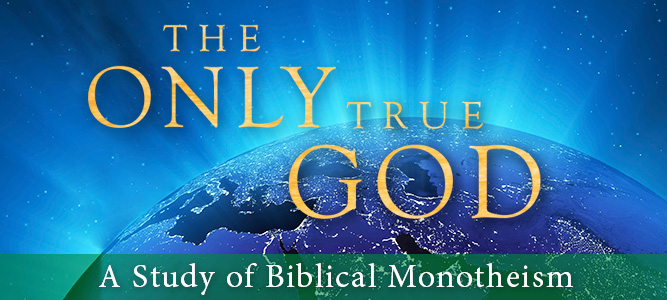You are here
Appendix 4 - Some observations about the Targums

Appendix 4
Some Observations about the Targums
If the oral and written Targums had originated some time after NT times then, obviously, their relevance for the understanding of John’s Prologue and the NT as a whole would be questionable. The following are selected quotations from Targum and Testament by M. McNamara, in the chapter Origin and Transmission of the Palestinian Targum, which provide a clear understanding on this matter:
“In any case, it is generally granted that by the first century BC Aramaic translations of the Torah, and probably of other books of the Bible as well, were being made among the Jews.
“Our main concern here is with the Targum to the Pentateuch. This was certainly the first targum to be formed. How it came into being, whether all at once or gradually over a long period, is difficult to determine. It is only natural to see its origin in the synagogue service, as a rendering of those sections of the Torah read in public.” (p.80)
">
“Josephus can boast: ‘For our people, if anyone do but ask any of them about our laws, he will more readily tell them all than he will tell them his own name, and this in consequence of our having learned them immediately as soon as we became sensible of anything, and of our having them as it were engraven on our souls (Contra Apionem II, 17 [18] sec 178).’
“This knowledge of the Law of Moses the majority of the Israelites would have got from the synagogue rendering of the targums. It was already Ezra’s mandate and intention to bring them this knowledge of the Law of Moses, and the principle must have led the religious leaders of Judaism long before the Christian era to provide an Aramaic rendering of the entire Law.” (p.81)
“The indications, then, are that the synagogue targumic tradition originated at an early date in pre-Christian times.” (p.82)
“In conclusion we can say that there is a good likelihood that the present texts of the Palestinian Targum to the Pentateuch transmit substantially the paraphrase of the Pentateuch formed in pre-Christian times and known to Palestinian Judaism of the early Christian period. Used in accord with strict scientific principles, this paraphrase is of immense importance in reconstructing the beliefs of those to whom Christ and his apostles preached.” (p.85)
">
(c) 2021 Christian Disciples Church
